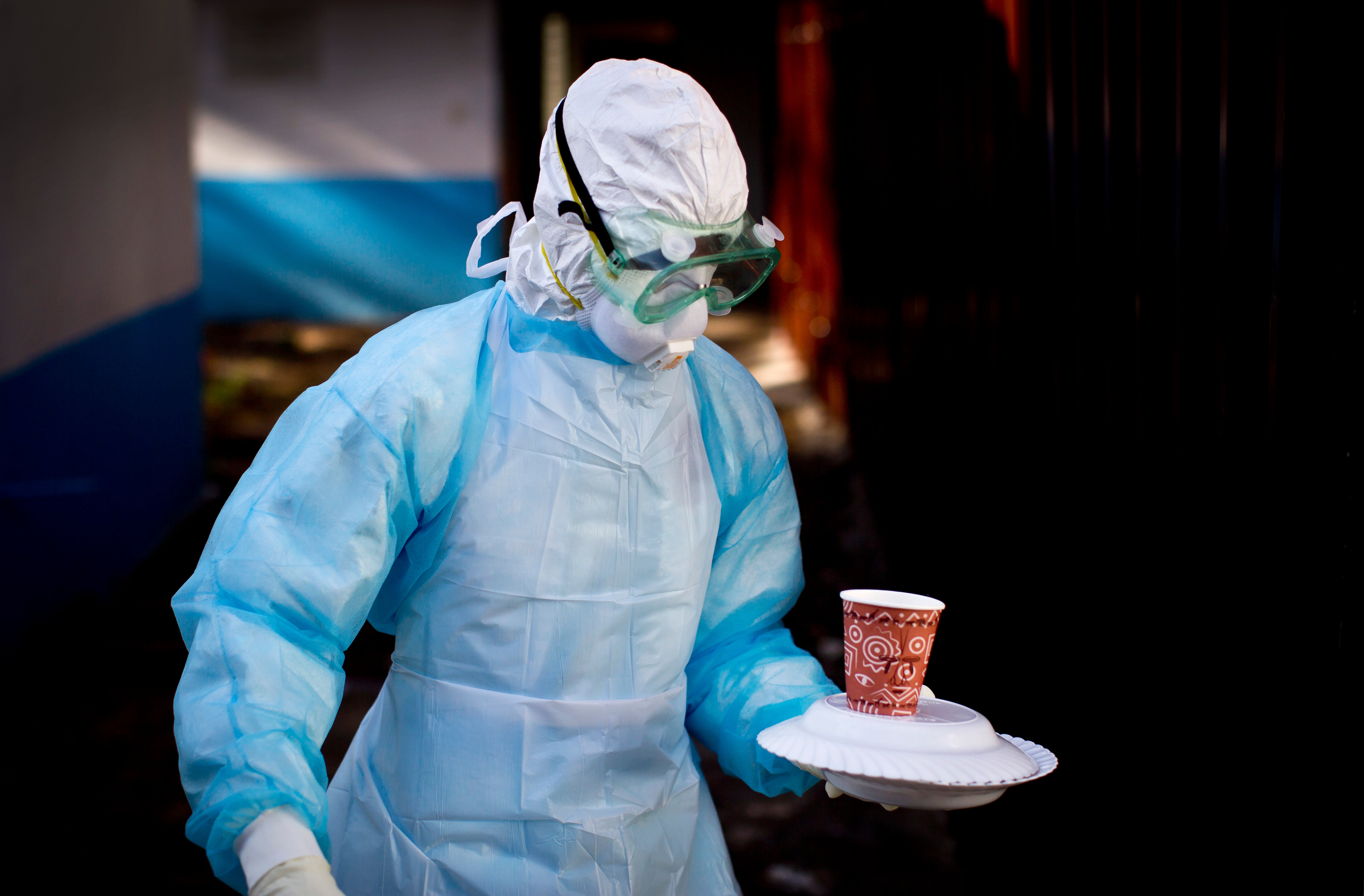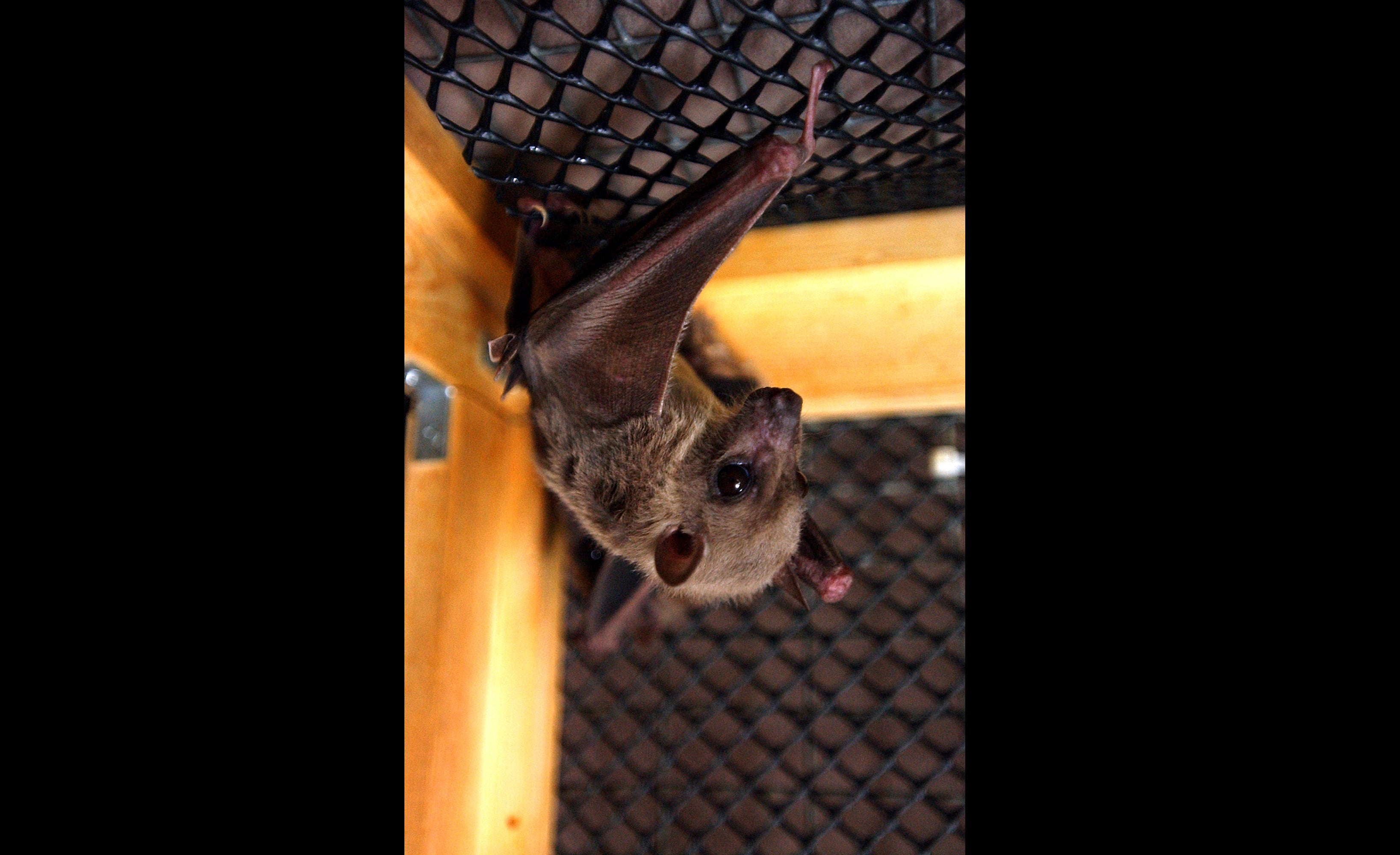A travel warning has been issued with an outbreak of a highly contagious virus similar to Ebola.
Rwanda says eight people have died so far from Marburg virus, just days after the country declared an outbreak of the deadly hemorrhagic fever that has no authorized vaccine or treatment.
So far 26 cases have been confirmed.
Based on the current risk assessment, WHO advises against any travel and trade restrictions with Rwanda.
Like Ebola, the Marburg virus originates in fruit bats and spreads between people through close contact with the bodily fluids of infected individuals or with surfaces, such as contaminated bed sheets. Without treatment, Marburg can be fatal in up to 88% of people who fall ill with the disease.
Rwanda, a landlocked country in central Africa, declared an outbreak on Friday and a day later the first six deaths were reported.
The public has been urged to avoid physical contact to help curb the spread. Some 300 people who came into contact with those confirmed to have the virus have also been identified, and an unspecified number of them have been put in isolation facilities.

Most of the affected are healthcare workers across six out of 30 districts in the country.
“Marburg is a rare disease,” Nsanzimana told journalists. “We are intensifying contact tracing and testing to help stop the spread.”
A WHO spokesman said: “It is important for people showing Marburg-like symptoms to seek care early for supportive treatment which can improve patient survival. WHO assesses the risk of this outbreak as very high at the national level, high at the regional level, and low at the global level.”
The minister said the source of the disease has not been determined yet. A person infected with the virus can take between three days and three weeks to show symptoms, he added.
Marburg virus symptoms
Symptoms include fever, muscle pains, diarrhea, vomiting and, in some cases, death through extreme blood loss.
The World Health Organization was scaling up its support and will work with Rwandan authorities to help stop the spread, WHO’s Director-General Tedros Adhanom Ghebreyesus said on Saturday on the social media platform X.
The U.S Embassy in Rwanda’s capital of Kigali has urged its staff to work remotely and avoid visiting offices.

Marburg outbreaks and individual cases have in the past been recorded in Tanzania, Equatorial Guinea, Angola, Congo, Kenya, South Africa, Uganda and Ghana, according to the WHO.
The rare virus was first identified in 1967 after it caused simultaneous outbreaks of disease in laboratories in Marburg, Germany, and Belgrade, Serbia. Seven people died who were exposed to the virus while conducting research on monkeys.
Separately, Rwanda has so far reported six cases of mpox, a disease caused by a virus related to smallpox but that typically causes milder symptoms. Mpox, previously known as monkeypox because it was first seen in research monkeys, has also affected several other African countries in what the WHO has called a global health emergency.
Rwanda launched an mpox vaccination campaign earlier this month, and more vaccines are expected to arrive in the country. Neighboring Congo has so far reported most of the cases of mpox, the epicenter of the emergency.

